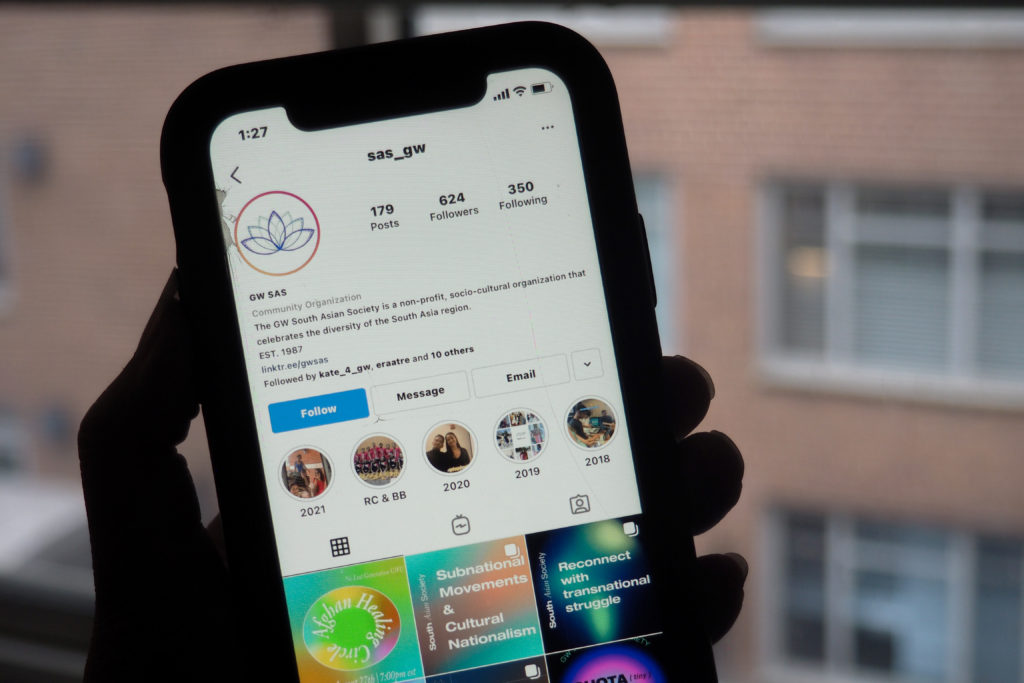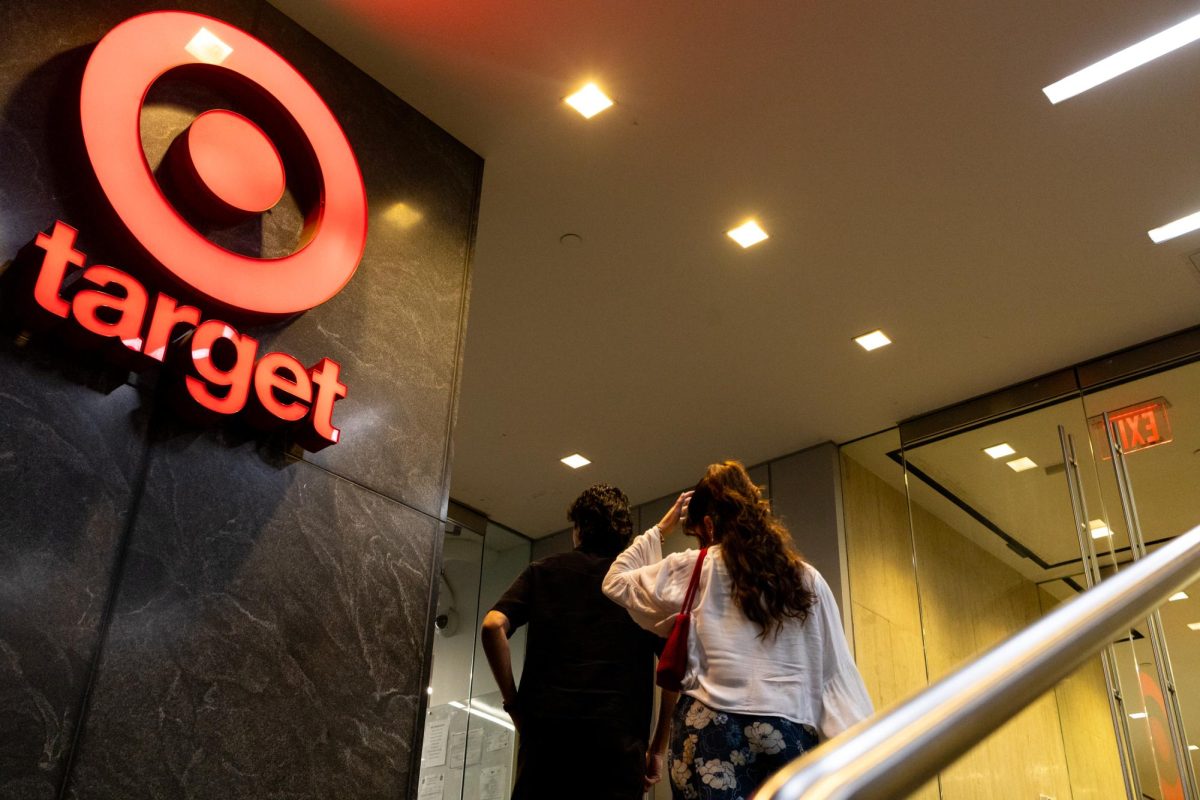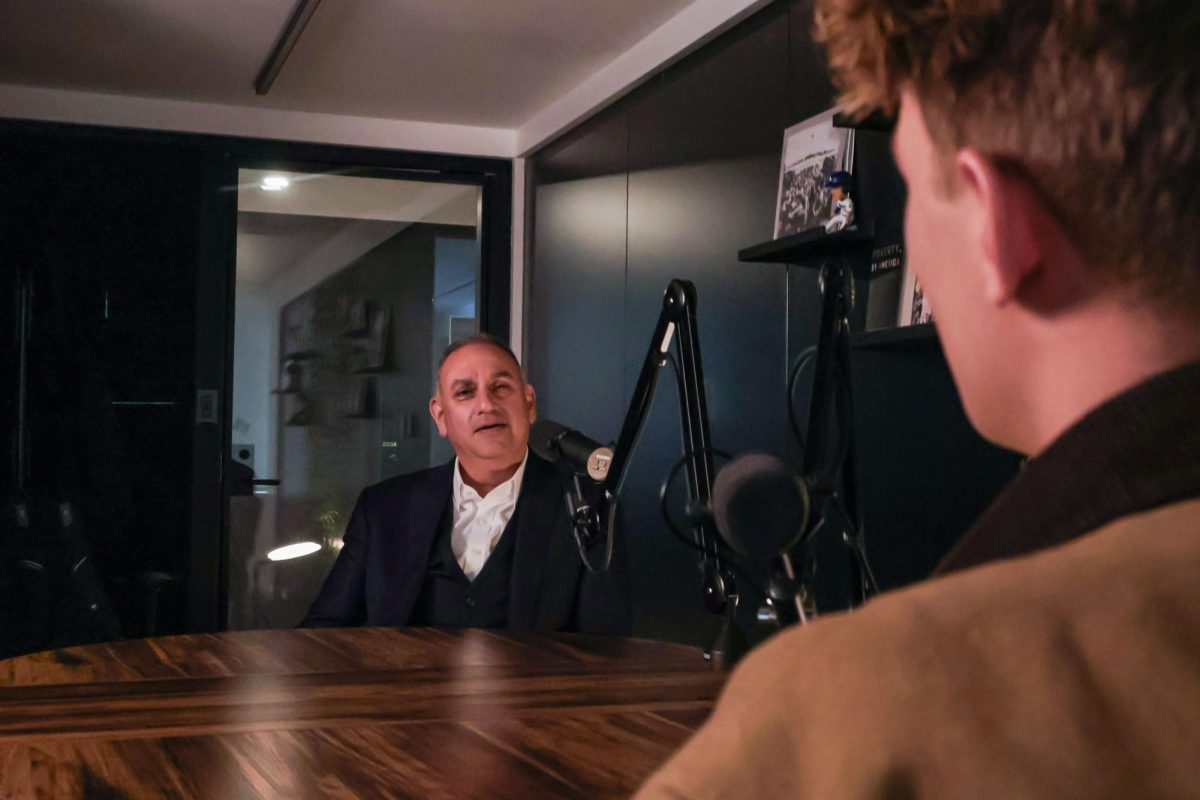After thousands of Afghans fled their homes as the Taliban seized control of the country they called home last month, student leaders have sought to support students with ties to Afghanistan and organize aid for refugees seeking haven in the United States.
Student leaders said they are hosting volunteer opportunities to help transition refugees from the airport to their new homes and organizing safe space discussions for students impacted by the situation in Afghanistan. Afghan refugees have poured into the United States during the past month to escape Taliban control in their home country, now finding themselves scrambling for housing options and support from local communities, including those near D.C.
Olivia Issa – the executive director of No Lost Generation, a student organization supporting refugees through promotions, fundraisers, and educational resources – said students will meet families arriving at the airport, help them move into their homes in Maryland and Virginia and share advice about resettling in the United States. She said NLG collaborates with the International Rescue Committee, one of the nine largest resettlement agencies in the country, and organizes service trips like these and fundraisers to volunteer aid for the Afghan refugees.
“IRC is receiving so many Afghan refugees right now that this is in high demand right now,” she said. “So as much as we can push to get people involved, that would be fantastic.”
Nearly 24,000 Afghan refugees have arrived in the United States since last month, more than 8,600 of which have settled in the DMV area. Local charities, like Homes Not Borders and For the Nations D.C., are also helping them adjust to the new area.
She said three students with NGL are trained to serve as family “mentors” who help acclimate refugees to their new neighborhoods. She said the IRC also trains students to become first-visit facilitators, who meet with the refugee family, helps explain the role of their mentor and facilitate planning and expectations between the two.
Issa said IRC sends translators to these meetings to make sure both parties are understanding their plan.
“There’s an IRC translator there to make sure that the recipient families understand this guideline, so those first meeting facilitators are vital to the functionality of mentorship relationships,” she said. “So I think it’s a very important role.”
She said instead of raising its own funds, NLG created a list of organizations that accept donations for refugees, like the International Refugee Assistance and the International Medical Corps, to avoid interfering with larger-scale fundraising campaigns. She said members of NLG learned how to contact their congressmen about Afghan refugees through a letter-writing campaign at their general body Sunday.
“We have a lobbying director, like a government relations director, who, at our first meeting this Sunday, will outline how students can contact their congresspeople about Afghanistan-related policies,” she said earlier this month.
Zoya Wazir, the co-president of the South Asian Society and a former Hatchet reporter, said SAS hosted a virtual healing circle late last month in collaboration with NLG for about 15 people, including non-GW students, to provide a peaceful space for Afghan students and share information about how to support them.
“The healing circle was meant to be kind of a reflective, peaceful space for Afghan students to come in to and basically talk about their own experiences, their own feelings,” Wazir said. “ I’m sure it’s absolutely terrifying to have family over in Afghanistan and not really be able to communicate or know what’s happening.”
She said the activity included breathing exercises and time for students to voice anxieties, concerns and fears. She said the healing circle also transitioned to discuss what non-Afghans could do to support Afghan students.
“Our full goal is to be in solidarity with the Afghan community here and abroad and to also get out other South Asian students who are non Afghan to reconcile with their own histories, their own country’s histories and legacies in the region,” Wazir said.
Shariq Farooqi, the co-president of SAS, said the organization plans to host a donation drive for Afghan refugees in the coming weeks, and members are still formulating a list of needed donations, like modest clothing and furniture.
“They’ve been receiving a lot of donations, which are great, but some of them don’t match the need of the Afghan population,” Farooqi said. “So probably some modest clothing, furniture and other things, but that will be as per what they need because we want to make sure that we’re giving what they need and not things that we think that they need.”
He said SAS should be aware of their position near resources at GW and direct students towards the Office of Advocacy and Support to aid those who are affected by the crisis in Afghanistan. He said SAS aims to act as allies and stand in solidarity with students impacted by the crisis, and events like the healing circle aid them in doing so.
“Our main goal is to create spaces of inclusivity,” he said. “That was the point of the healing circle to really make sure I’ve gotten students to feel heard and supported. So we are always a resource for students to come to, as well as the Office of Advocacy and Support.”
Tara Suter contributed reporting.








